14 Healthy Foods Most People Refuse to Eat That Boomers Know Are Worth It
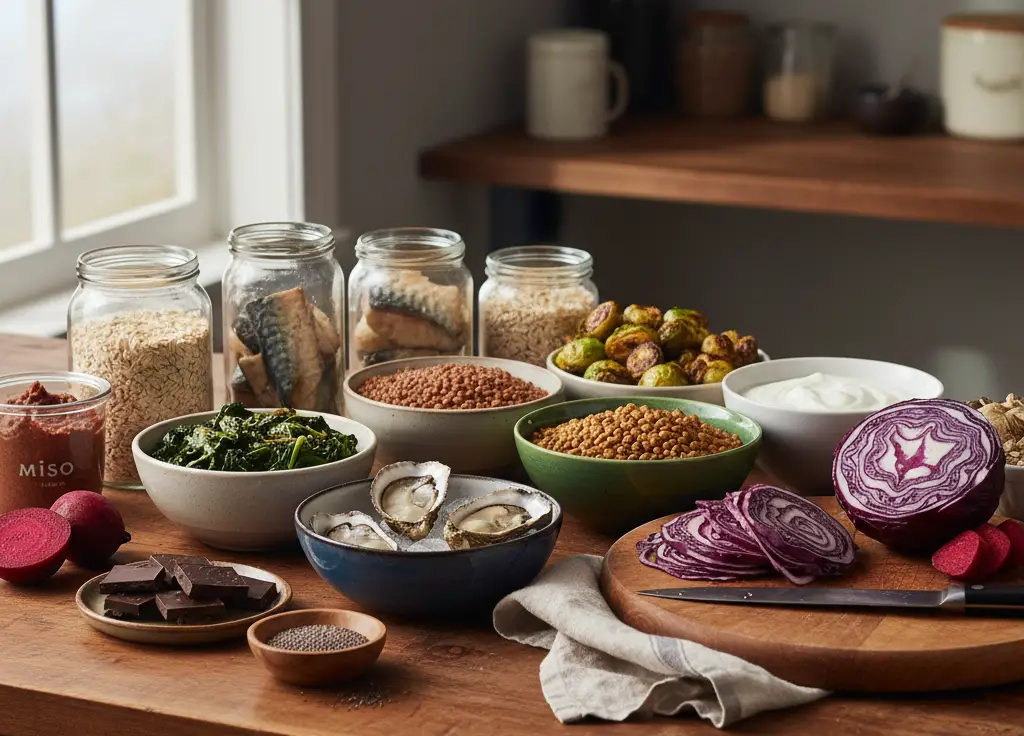
Eating well isn’t just about following trends or grabbing whatever is popular on the supermarket shelf. For Boomers, healthy eating is about practicality, experience, and knowing that the foods your body actually needs sometimes look unusual, taste unfamiliar, or even get ignored by younger generations. Over the years, you have learned that nutrient-dense foods, especially those high in protein, fiber, vitamins, and minerals, make a big difference in energy, heart health, digestion, and overall vitality. Some foods that many people avoid are actually small nutritional powerhouses that Boomers swear by. Here are 14 healthy foods most people refuse to eat, but that you might want to rediscover.
1. Sardines

Sardines are tiny fish with big benefits. Packed with omega-3 fatty acids, protein, and calcium, especially if you eat the bones, they are excellent for heart and bone health. Many shy away because of the strong flavor or tiny bones, but these fish are perfect for Boomers who prioritize nutrition over trendiness. Enjoy them on whole-grain toast, in salads, or with roasted vegetables for a quick, satisfying meal.
2. Collard Greens

Collard greens, along with kale and Swiss chard, are nutritional champions. Loaded with fiber, vitamins K and A, and antioxidants, they support heart health, bone strength, and digestion. The bitterness may put some off, but sautéing them with garlic and olive oil or slowly braising them can create a delicious, comforting side dish that makes any meal feel complete.
3. Lentils and Beans
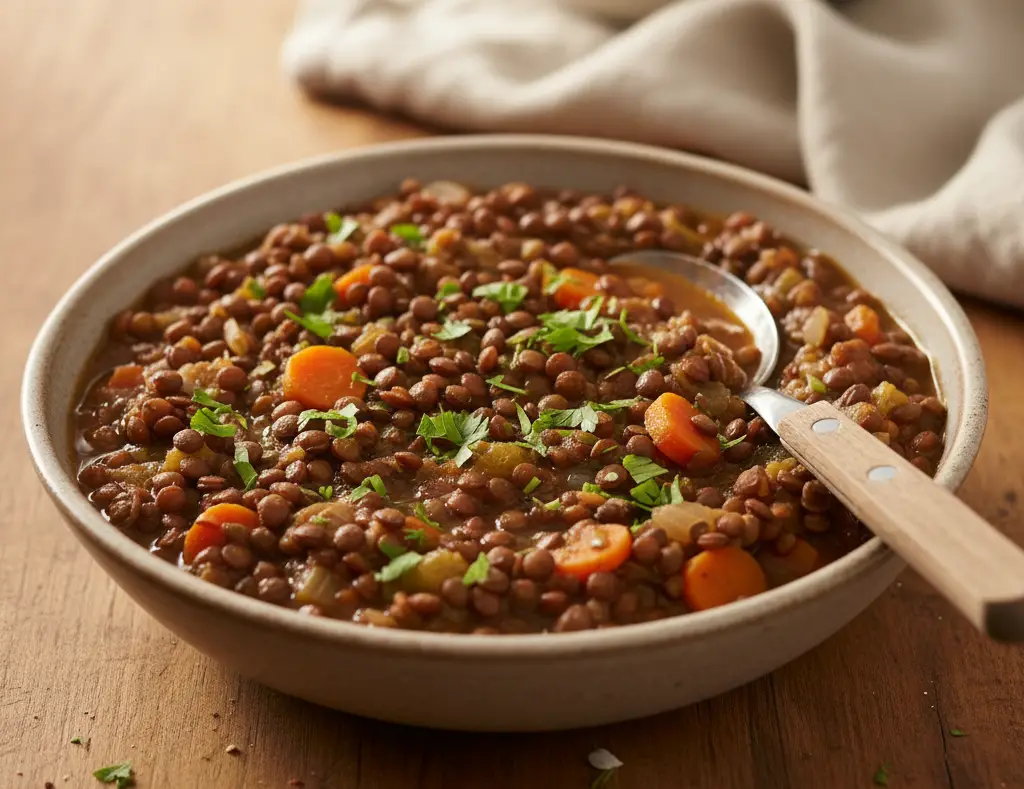
Lentils and beans are often overlooked because they require a bit of cooking or don’t seem exciting. However, they are excellent sources of plant-based protein, fiber, and nutrients that help stabilize blood sugar and support heart health. Swap one meat meal per week for a lentil stew or a bean chili and enjoy the sustained energy and satisfaction these humble legumes provide.
4. Mackerel

Similar to sardines, mackerel is rich in omega-3 fatty acids and high-quality protein. Many people avoid oily fish because of taste or mercury concerns. Choosing low-mercury options provides critical nutrients for heart and brain health. A can of mackerel can be a quick lunch or added to salads for a flavor and nutrient boost.
5. Brussels Sprouts

Brussels sprouts often get a bad rap for childhood memories of overcooked, bitter vegetables. Roasting them with olive oil until crispy transforms their flavor into nutty, caramelized perfection. They are high in fiber, vitamin C, and compounds that support liver function and healthy aging. Add them as a side dish or toss into a warm salad to enjoy their full potential.
6. Greek Yogurt

Plain Greek yogurt is a protein powerhouse that supports muscle mass, digestion, and bone health. Many people avoid it in favor of flavored options that contain added sugar. Add fresh fruit, nuts, or a drizzle of honey to create a balanced snack or breakfast that keeps you satisfied. Boomers who remember real yogurt know that simplicity is often the best approach.
7. Whole Oats
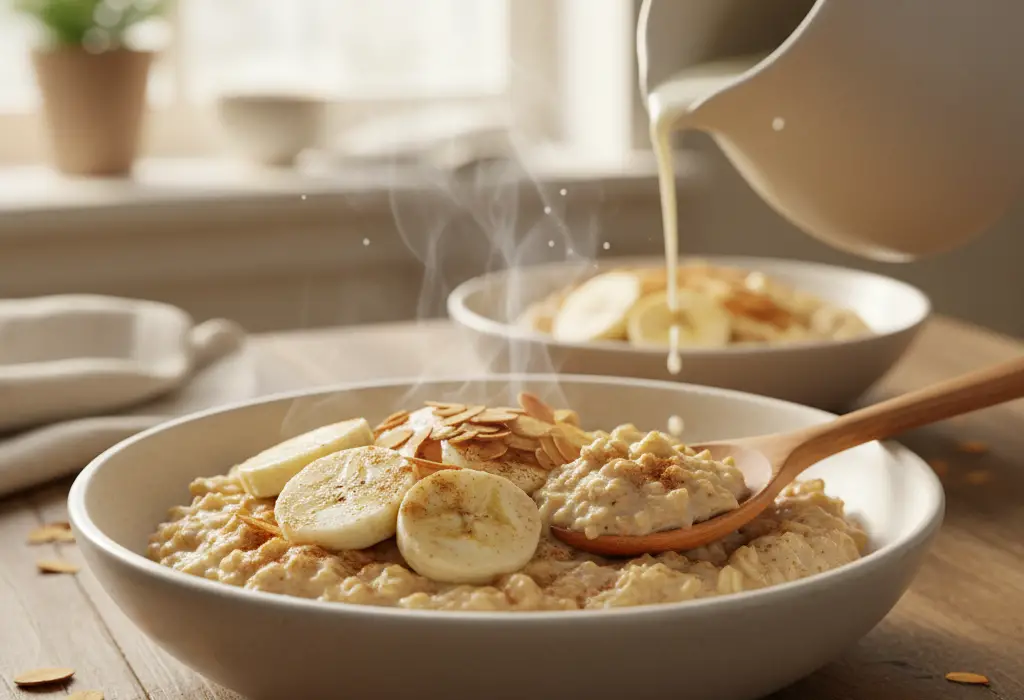
Oats are a classic whole grain that provides fiber, slow-release carbohydrates, and vitamins that support heart health. Many people opt for instant flavored cereals, missing out on the benefits of whole oats. Prepare steel-cut or rolled oats with fruit, nuts, or seeds for a hearty breakfast that keeps you energized throughout the morning.
8. Chia Seeds and Flax Seeds

These tiny seeds are often overlooked because they look unusual and can feel unfamiliar. They are packed with omega-3 fatty acids, fiber, and antioxidants. Sprinkle chia seeds on yogurt or oatmeal, or stir ground flax seeds into smoothies, soups, or baked goods. Boomers who remember using flax seeds in breads and muffins will recognize their value for digestion and heart health.
9. Miso and Tempeh

Fermented soy foods such as miso and tempeh may seem foreign, but they bring probiotics, plant-based protein, and other compounds that support gut and overall health. Miso soup or sautéed tempeh with vegetables are easy ways to incorporate these nutrient-dense foods into your weekly routine, offering both flavor and long-term benefits.
10. Cabbage
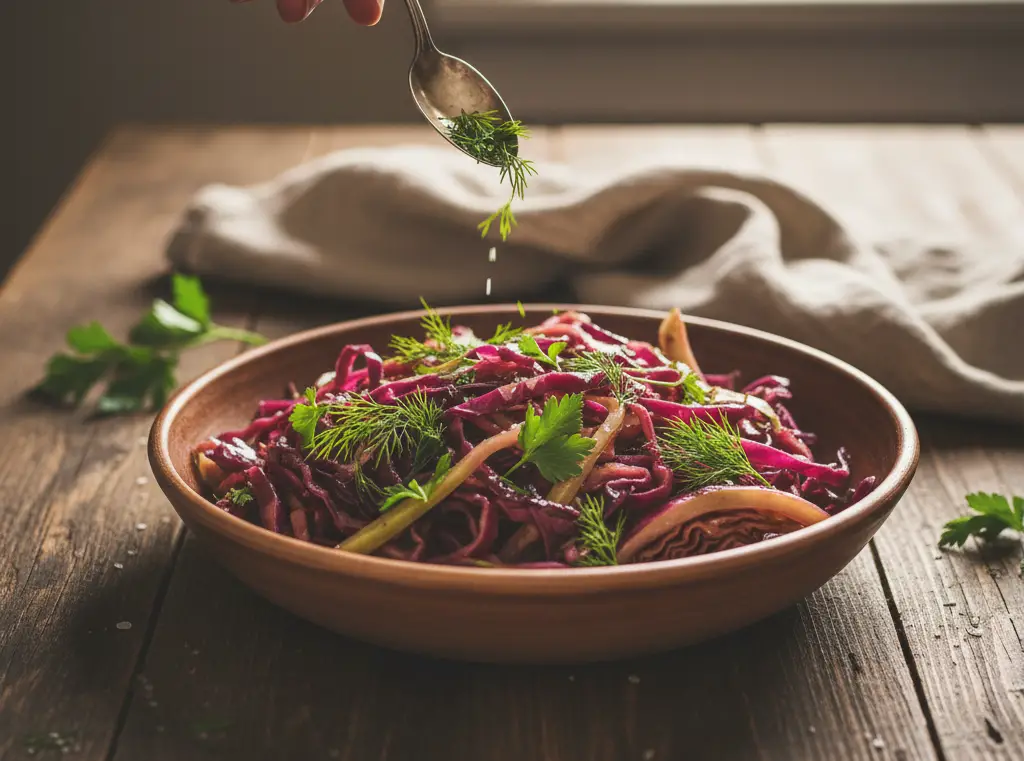
Cabbage is inexpensive, versatile, and highly nutritious. Packed with fiber, vitamin C, and phytochemicals, it supports digestion and healthy aging. Braising cabbage with a touch of vinegar or adding it to soups and stews can turn this humble vegetable into a delicious, heart-healthy dish that reminds many Boomers of traditional home-cooked meals.
11. Oysters and Mussels
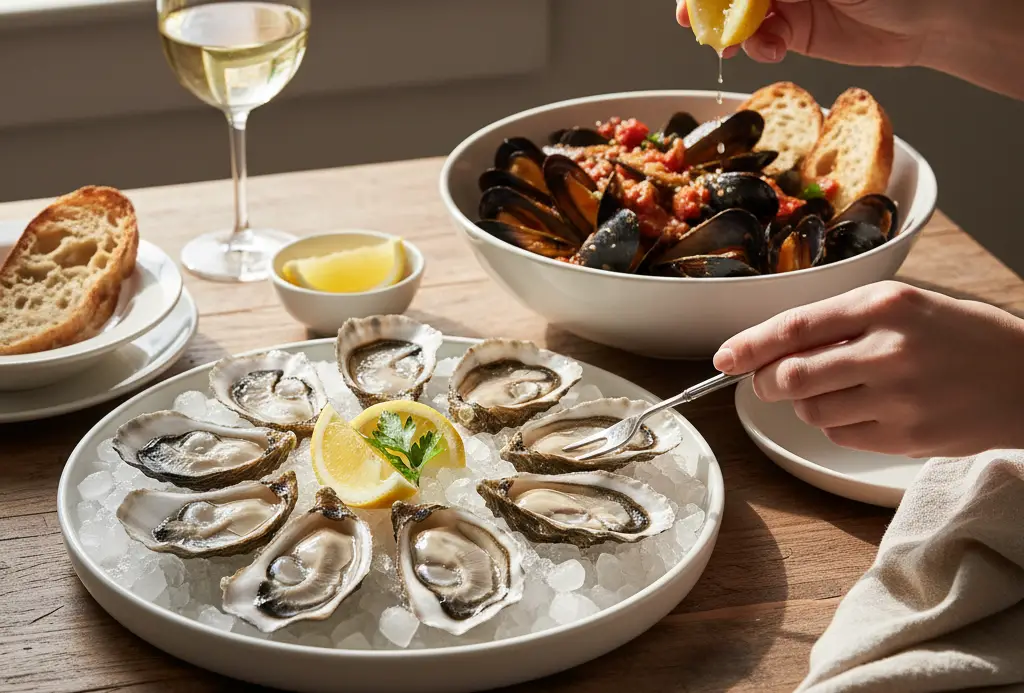
Shellfish like oysters and mussels are often avoided because of taste or unfamiliarity. They are loaded with zinc, vitamin B12, and other essential nutrients that support immune function, brain health, and energy levels. Try steamed mussels in tomato-garlic sauce or enjoy a few oysters on occasion to reap the benefits without feeling overwhelmed by quantity.
12. Farro and Barley
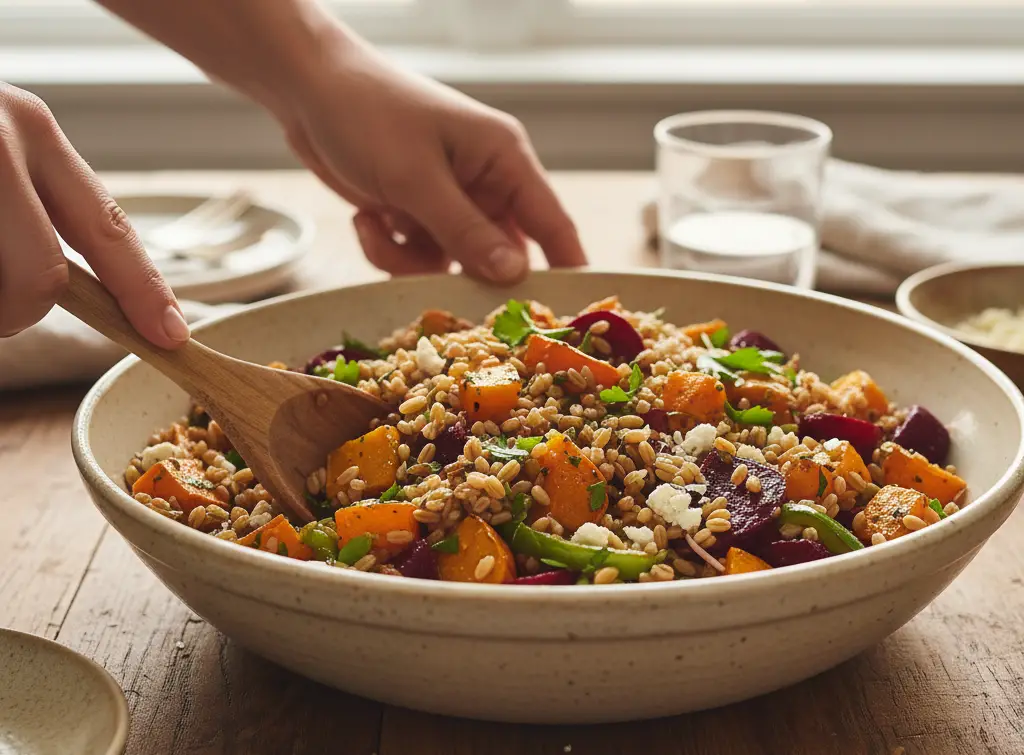
Whole grains such as farro and barley are often skipped in favor of rice or pasta. They provide fiber, magnesium, and other nutrients important for heart and digestive health. Add farro to soups or salads, or swap barley for rice to create meals that are filling, nutritious, and delicious.
13. Beets

Beets are frequently avoided due to their earthy flavor or bright color. However, they are excellent for circulation and blood pressure support thanks to their nitrate content. They are also high in fiber, folate, and potassium. Roasting beets with olive oil or adding them to salads is a tasty way to enjoy this vibrant vegetable.
14. Dark Chocolate

Dark chocolate, particularly varieties with 70 percent cocoa or higher, is rich in antioxidants called flavanols. Many people avoid it assuming it is not a healthy choice, but small amounts can support circulation and brain health. Treat yourself to a square after meals to enjoy both taste and health benefits without overindulging.
Final Thoughts

Healthy eating as a Boomer is less about following every food fad and more about returning to what works. These 14 foods may look strange, taste different, or seem inconvenient at first glance, but they deliver powerful nutrition that supports heart health, digestion, energy, and overall vitality. Rediscovering these ingredients is a chance to reconnect with both your body and the wisdom of experience.
Start by incorporating one or two foods at a time, pairing them with flavors you already enjoy. Listen to your body, adjust portions, and find ways to make these foods delicious. With small steps, you can reclaim meals that are not just healthy, but satisfying, practical, and even enjoyable.
Eating smart is not about trends. It is about knowing what works and giving your body the nutrients it needs to thrive. These foods may be overlooked by others, but for Boomers, they are simply the right choice — nutritious, reliable, and worth every bite.
Leave a Reply